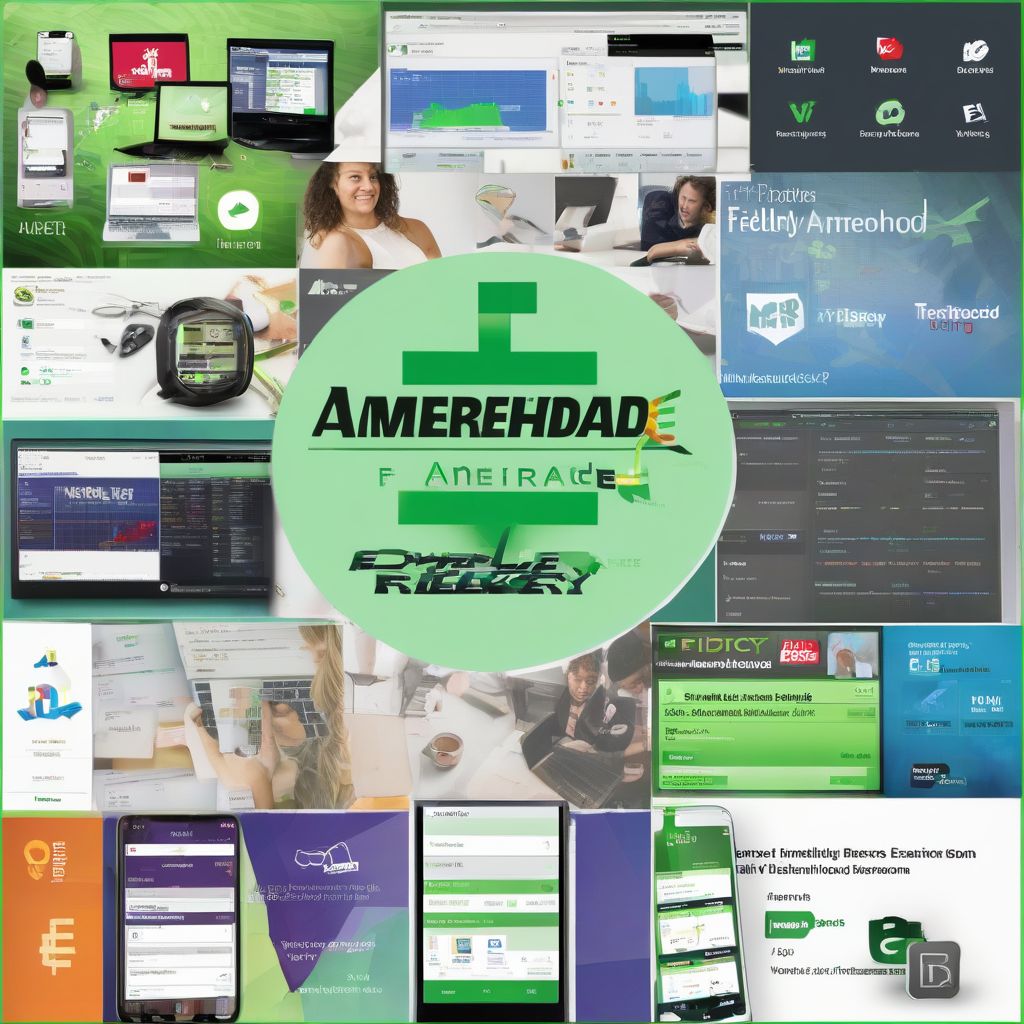The world of finance and investments can seem daunting for newcomers. With countless options and a constantly evolving landscape, it’s no surprise that many feel overwhelmed. One of the most significant advancements in recent years has been the rise of online trading platforms, making investing more accessible than ever. This article delves into the world of “Most Popular Trading Platforms,” exploring their features, benefits, and key factors to consider when choosing one.
Understanding the Popularity of Online Trading Platforms
Before diving into specific platforms, it’s crucial to understand why online trading platforms have become so popular. Traditionally, investing in stocks, bonds, or other assets required the expertise of a broker and often involved hefty fees. Online platforms have disrupted this model by:
- Democratizing Investing: Online platforms have broken down barriers to entry for everyday individuals, allowing anyone with an internet connection to participate in the financial markets.
- Reduced Fees: Many platforms offer commission-free trading or significantly lower fees than traditional brokerage houses, making investing more cost-effective.
- User-Friendly Interfaces: Most platforms boast intuitive designs, educational resources, and research tools, making them accessible even for beginners.
- Accessibility and Flexibility: Trade from anywhere in the world, 24/7, using your computer or mobile device. This flexibility fits the demands of modern life.
Choosing the Right Platform: Factors to Consider
While the ease of access is appealing, selecting the right trading platform from the plethora of options available can be challenging. Here are key factors to guide your decision:
1. What are Your Investment Goals?
- Beginner Investors: Look for platforms with robust educational resources, demo accounts to practice trading strategies, and simple, easy-to-understand interfaces.
- Active Traders: Prioritize platforms offering advanced charting tools, real-time market data, order types, and the ability to trade various assets.
- Long-Term Investors: Platforms with research capabilities, portfolio tracking tools, and fractional shares to invest consistently in established companies might be ideal.
2. What Assets Do You Want to Trade?
- Stocks and ETFs: Most platforms offer a wide selection of stocks and exchange-traded funds (ETFs).
- Options and Futures: Ensure the platform supports these complex derivatives if you’re interested in options or futures trading.
- Cryptocurrencies: Choose a platform that aligns with your risk tolerance and desired cryptocurrencies for those interested in the crypto market.
3. What are the Fees and Commissions?
- Trading Fees: Understand the fee structure for each trade, whether a flat fee or a percentage-based commission.
- Account Minimums: Check if the platform requires a minimum deposit to open and maintain an account.
- Other Fees: Inquire about potential fees for inactivity, account maintenance, or withdrawals.
4. What Security Measures are in Place?
- Regulation and Security Protocols: Choose platforms regulated by reputable financial authorities and employ robust security measures like two-factor authentication.
- Account Protection: Inquire about insurance policies covering potential account breaches or unauthorized activities.
Exploring Some of the Most Popular Trading Platforms
Now that you understand the critical factors, let’s look at some of the most popular trading platforms in the market:
-
TD Ameritrade: Known for its comprehensive trading tools, research capabilities, and educational resources, TD Ameritrade caters to both novice and experienced investors.
-
Fidelity: Fidelity stands out with its excellent customer service, a wide range of investment options, and zero-expense index funds, making it an attractive choice for long-term investors.
-
Robinhood: Robinhood gained popularity for its commission-free trading model and user-friendly app, particularly appealing to millennial and Gen Z investors.
-
*ETRADE:* Offering a blend of trading tools, educational resources, and banking services, ETRADE is a solid choice for those seeking an all-in-one financial platform.
-
Interactive Brokers: Favored by professional traders, Interactive Brokers provide access to global markets, advanced trading tools, and competitive margin rates.
phatphaptinhhoa.com/wp-content/uploads/2024/08/trading-platforms-66bac7.jpg" alt="Popular Online Trading Platforms" width="1024" height="1024">Popular Online Trading Platforms
Beyond the Basics: Additional Factors to Consider
- Customer Support: Evaluate the platform’s customer service availability and responsiveness in case you encounter issues or have questions.
- Research and Educational Tools: Look for platforms that offer in-depth research reports, market analysis, and educational resources to enhance your trading knowledge.
- Mobile App Functionality: In today’s fast-paced world, having a robust and user-friendly mobile app is crucial for on-the-go trading.
Conclusion
The rise of online trading platforms has democratized investing, offering individuals unprecedented access to the financial markets. Choosing the suitable platform can significantly impact your investment journey. Carefully consider your investment goals, risk tolerance, preferred assets, and the platform’s features, fees, and security measures. Remember, investing involves inherent risks, and conducting thorough research is vital before making any investment decisions.
